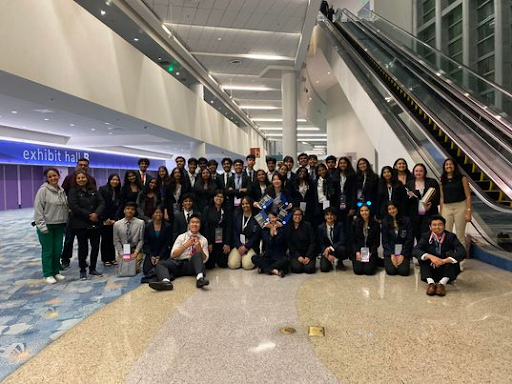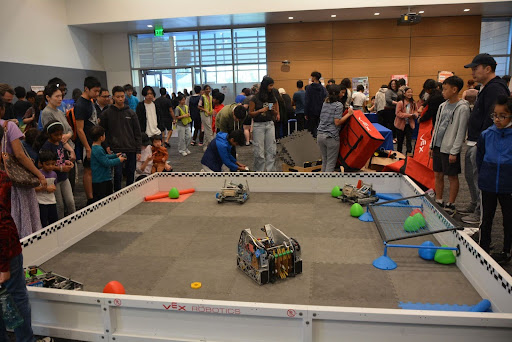Tardy policy fails to uphold school-wide outcomes
Kevin Hsu | Copy Editor
The district’s tardy policy has sparked controversy among the student body. In order to argue for or against the policy, we need to first familiarize ourselves with its provisions. According to school attendance clerk Dana Kleinsasser, it is district policy that students arriving to their first period classes late receive an hour-long detention after school. The only way students are able reprieve themselves from the tardy and detention would be through a phone call or note from a parent stating the reason for the student’s tardiness. However, the next provision is the subject of contentious debate: a valid reason for excuse, according to the Parent Student Handbook, includes only those that pertain to medical emergencies, illness, accidents, and other “justifiable personal reasons.” Any other excuses are accepted by the administration, but it will not account for a student’s lateness; students in this situation would receive an unexcused tardy and subsequent detention. Where, then, do you draw the line between a reason being “justifiable” or not?
In a recent email sent to parents and students from assistant principal Monica Guzman, coming to school on time had to do with upholding the school-wide outcomes of high “personal responsibility, social responsibility, communication, and critical thinking.” However, I believe students are not being socially responsible by driving aggressively, jaywalking across intersections, and biking recklessly; they’re so consumed of the worry of being late and becoming ultimate victims of the tardy policy that they forget to act as civilized, young adults. Unfortunately, this, combined with the policy’s inherent capability to cause students to act in such a manner that endangers their personal safety, makes it difficult for Irvington to foster the responsibilities that are highly idealized in the list of school-wide outcomes.
According to Kleinsasser, the majority students that show up tardy to first period have always attributed to their lateness the driving conditions they’ve encountered. Personally, I leave home at the same time each day and, depending on traffic, arrive at school anywhere between 10 minutes early and a few minutes late. Many other students, especially those who live in the Warm Springs area, have much longer commutes, so their chances of making it to school on time are even further jeopardized by uncontrollable factors. The one important similarity, however, is that we had all intended to come to school on time. I’m transcending this issue into a moral question because I strongly believe it’s unfair to impose a detention upon a student who has the intention to go to school on time with the willingness to learn, simply because the traffic didn’t happen to work out in his or her favor. Similarly, why should students who intentionally leave home late and claim that they were feeling ill get excused? In order to ameliorate the situation for students, the district should definitely consider expanding the scope of what it means by “justifiable” and consider a student’s true intention. If students are tardy because they were working on things conducive to their academic achievement or helping others out—for instance, showing a parent the directions to a particular classroom—I don’t see why their actions, if morally right, should act against them, and I hope the administration can look at this in the same manner.















